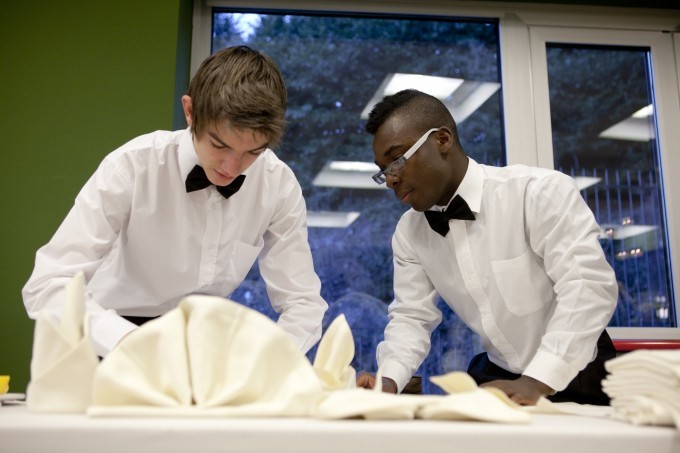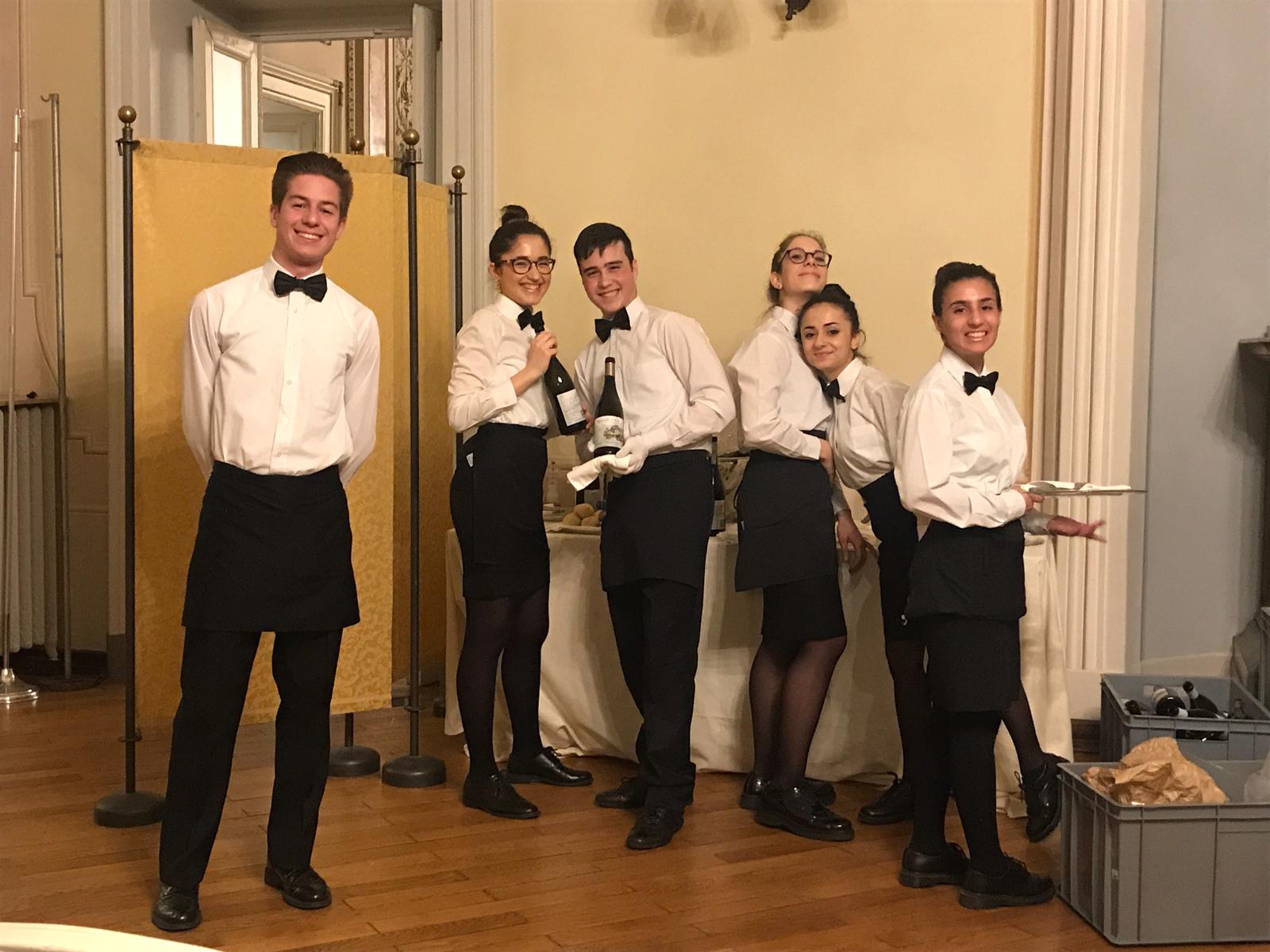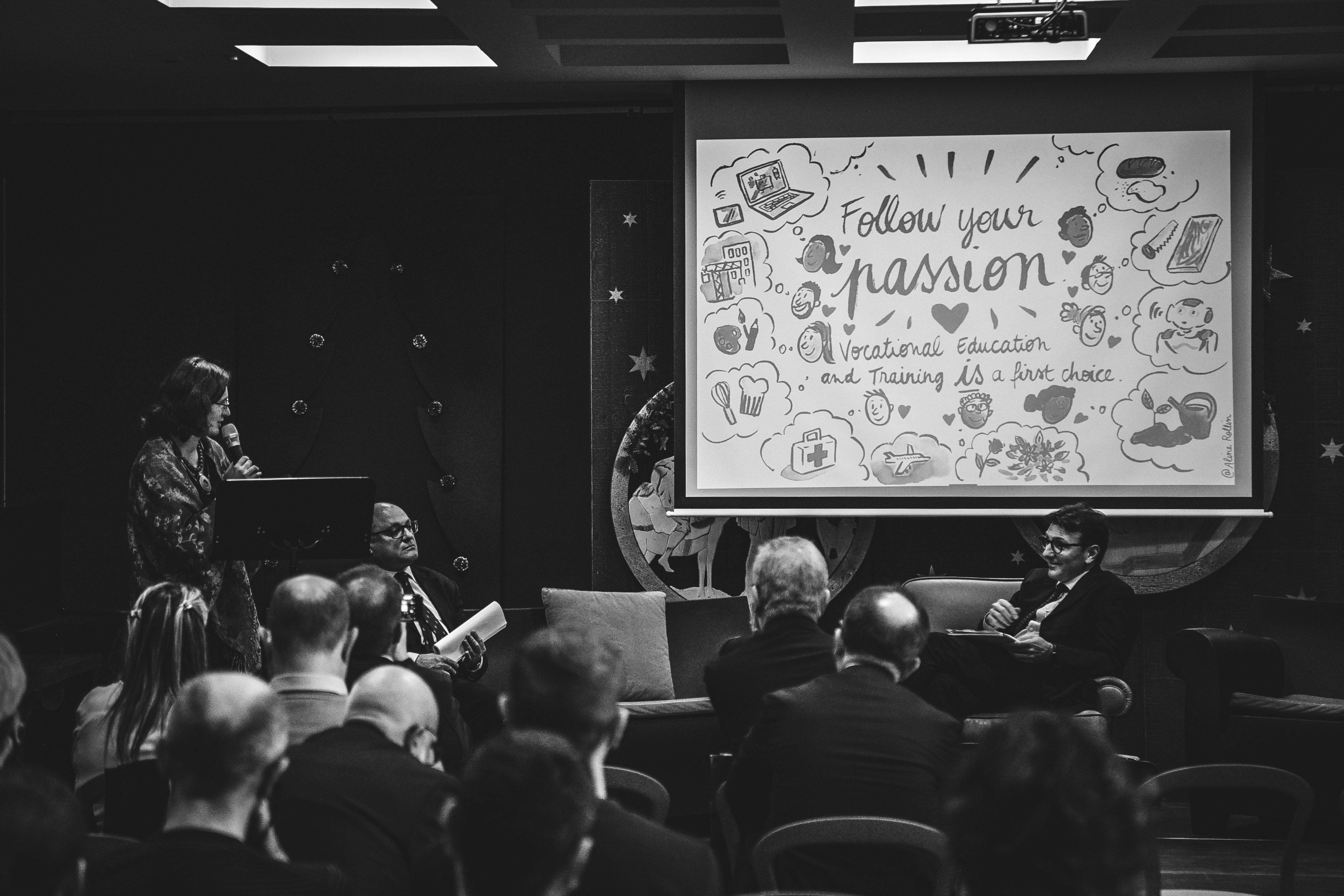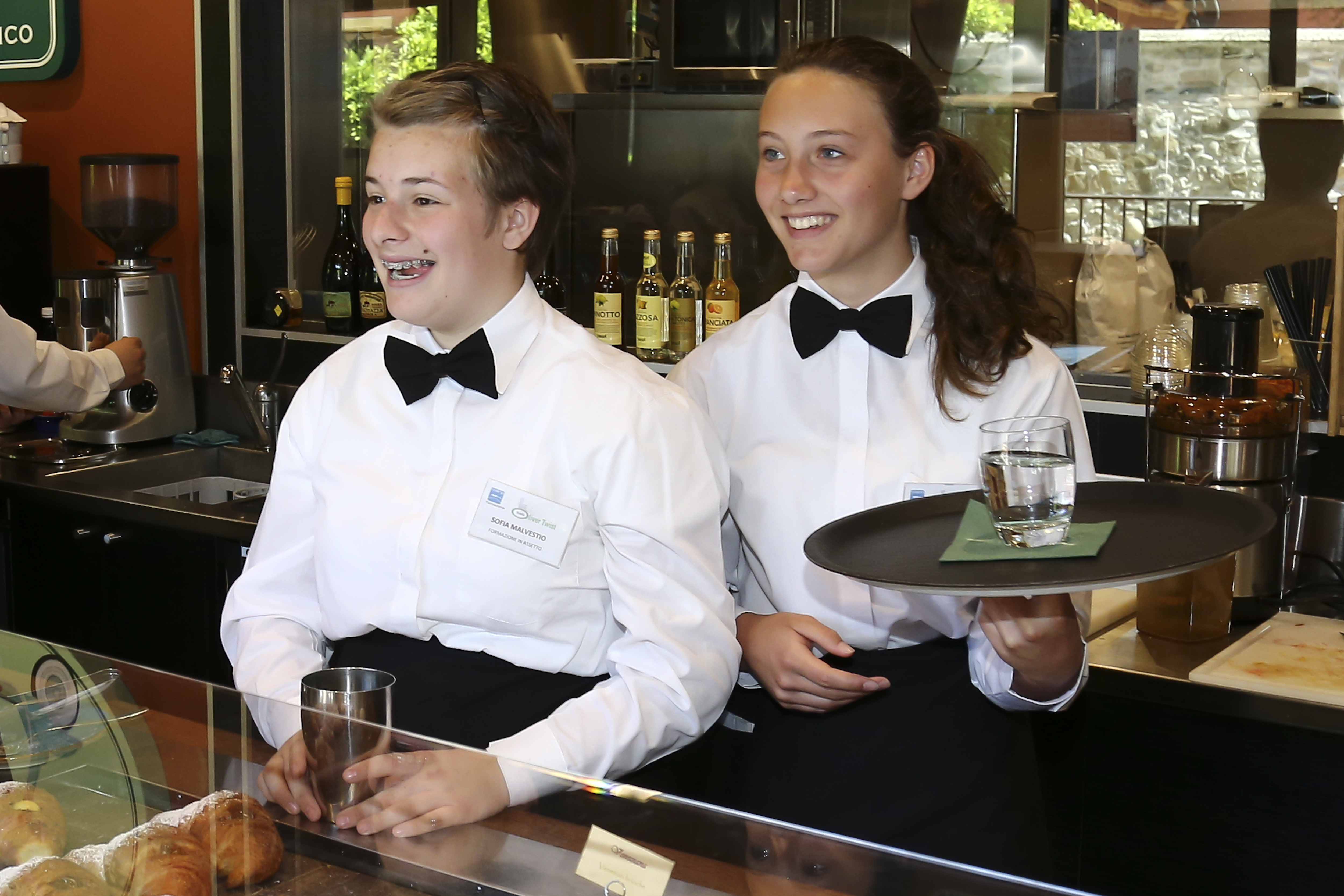During the European Business Summit 2016 in Brussels, Hans van der Loo, former vice-president of Shell, underlined how the scope of changes in recent times is such that it can be defined as the beginning of a new “era”, the Anthropocene. As he focused on the areas of education, training and transition to work, van der Loo stated: “Today we are educating our young people for jobs that do not yet exist, in order to solve problems that we are not yet even aware of. Only few seem to be aware of the exponential reality and we seem to think we can tackle 21st century challenges with 20th century education”. His contribution was then presented again and expanded by van der Loo himself during the third edition of the Conference “Cometa Social Innovation” on 5 May 2017: the change of era that is currently in progress undoubtedly marks a trajectory of change in the education, training and employment sector.
(Co-authors: Paolo Nardi, Samuela Arnaboldi and Barbara Robbiani. Research developed thanks to Progetto GO! funded by the Program Lombardia Plus*)
